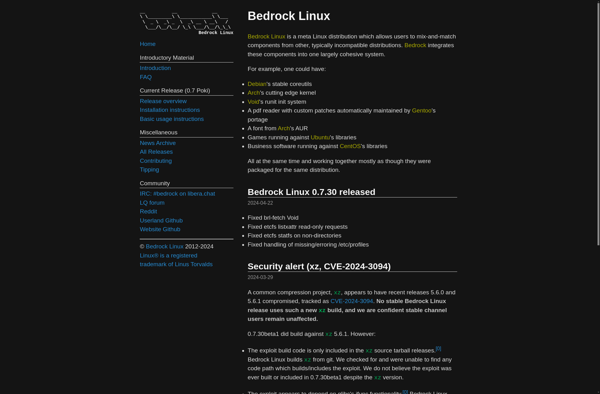Nix Package Manager
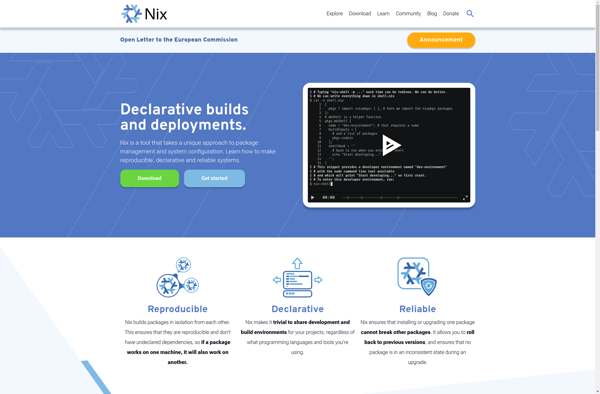
Nix Package Manager: Reliable and Reproducible Package Management
Nix is a powerful package manager that makes package management reliable and reproducible. It allows you to install multiple versions of packages side-by-side, rollback to previous versions easily, and ensures that packages don't conflict.
What is Nix Package Manager?
Nix is a powerful package manager for Linux and other Unix systems that makes package management reliable and reproducible. Some key features of Nix include:
- Allows you to install multiple versions of a package side-by-side without conflict
- Atomic upgrades and rollbacks - if an upgrade fails, you can easily roll back to the previous version
- Reproducible builds - Nix builds packages in isolation from each other, ensuring that they don't depend on lingering build dependencies on the system
- Declarative - Nix expressions declaratively specify build actions rather than executing a sequence of imperative commands
- Reliable dependency handling - Packages are supplied with fixed-output dependencies rather than depending on loose version constraints
Nix provides atomic upgrades so if a package upgrade goes wrong, you can rollback to the previous version. It ensures that packages don't conflict with each other so you can install different versions in parallel. Nix reproducible builds enable anyone to build the same binary bit-for-bit from source. Overall, Nix makes it much easier to manage multiple versions of packages.
Nix Package Manager Features
Features
- Atomic upgrades and rollbacks
- Multiple versions of packages installed side-by-side
- Functional package management (no global state)
- Reliable builds via pure, immutable, and hash-addressed inputs
- Sharing of build results via binary caches
Pricing
- Open Source
Pros
Cons
Official Links
Reviews & Ratings
Login to ReviewThe Best Nix Package Manager Alternatives
Top Development and Package Managers and other similar apps like Nix Package Manager
Here are some alternatives to Nix Package Manager:
Suggest an alternative ❐Ansible
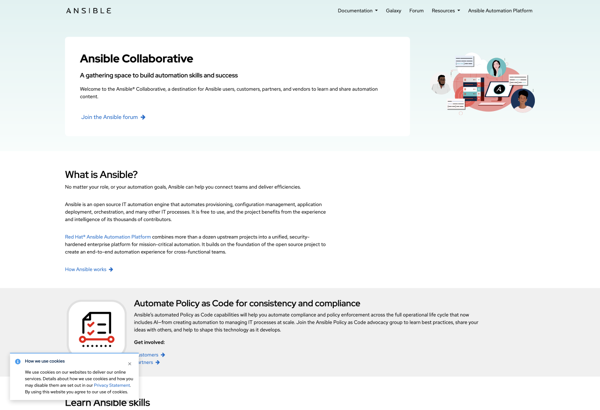
Homebrew
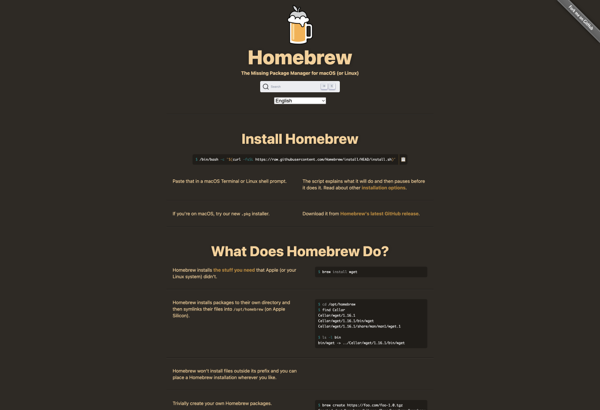
Mac App Store
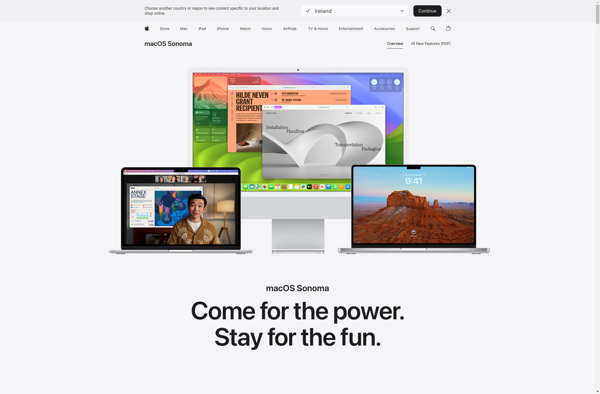
Flatpak
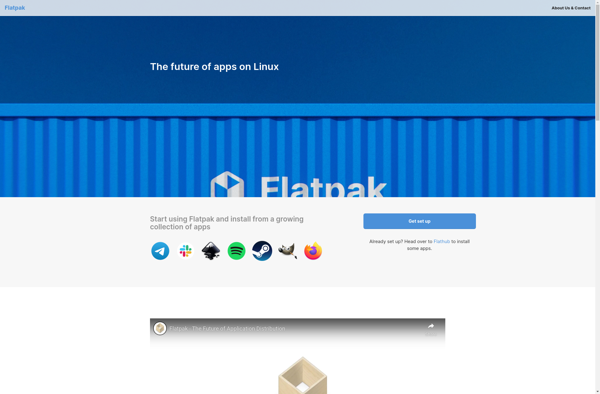
Synaptic
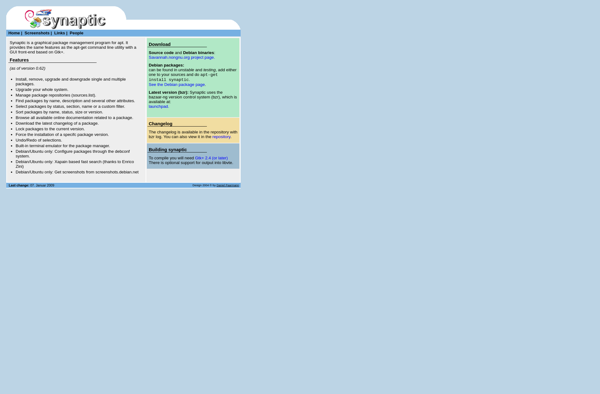
Npm
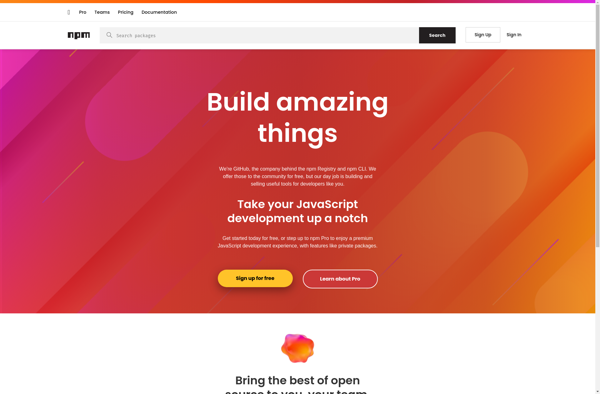
Pacman (package manager)
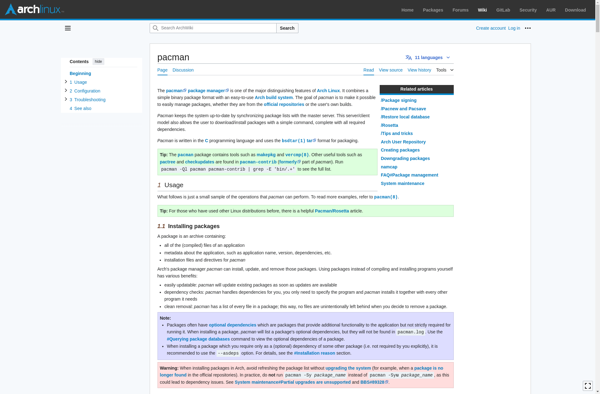
Flathub
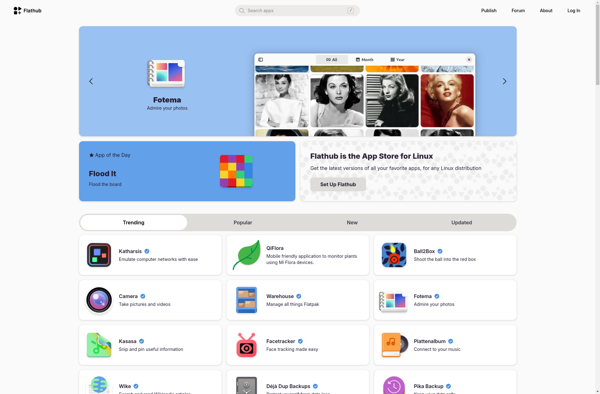
Verdaccio
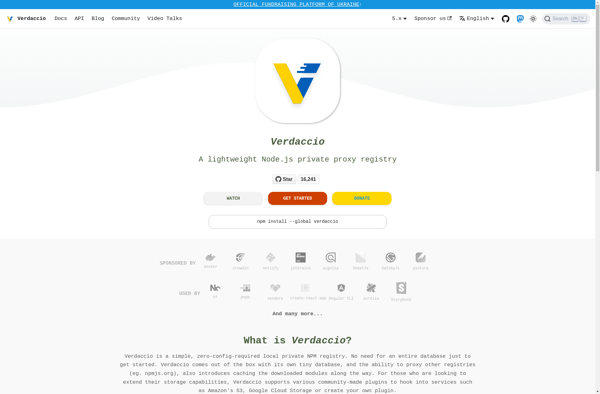
MacPorts
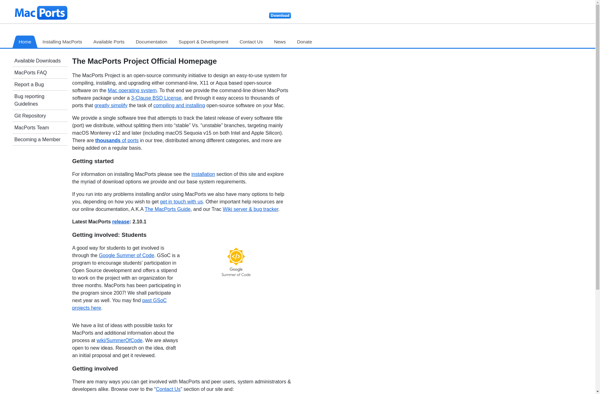
Advanced Package Tool
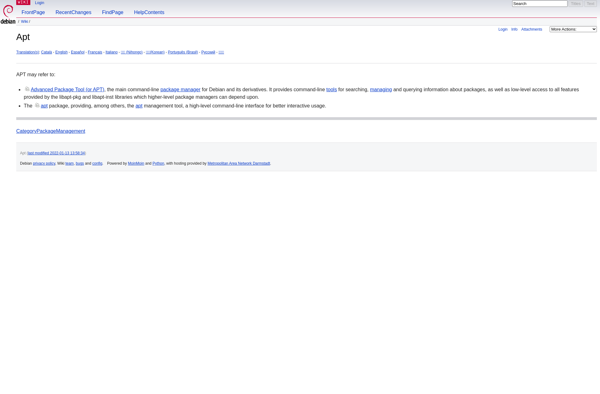
RPM Package Manager
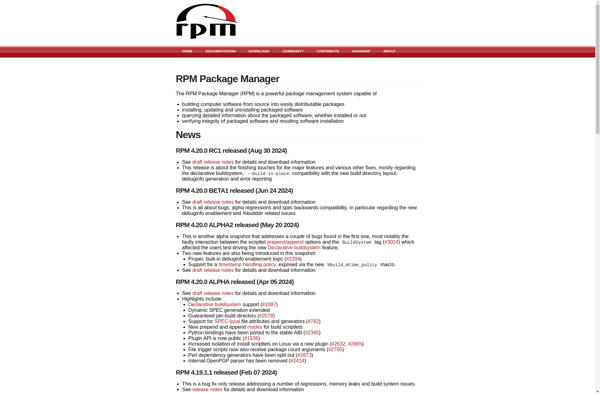
Bower
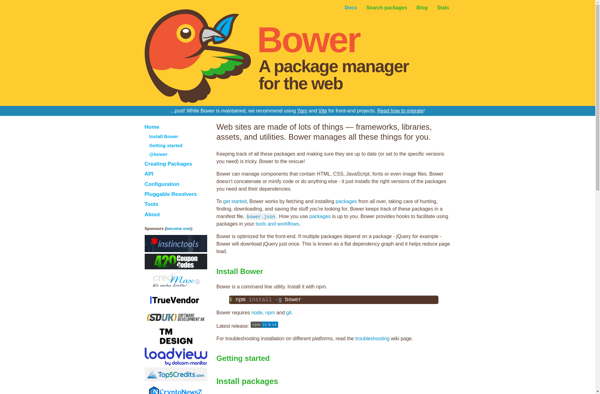
NeoSetup Updater
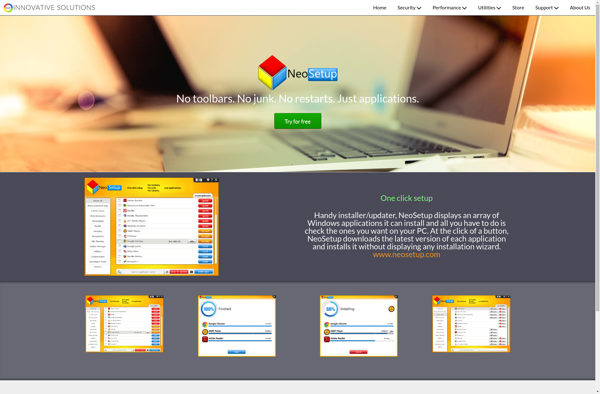
Fink
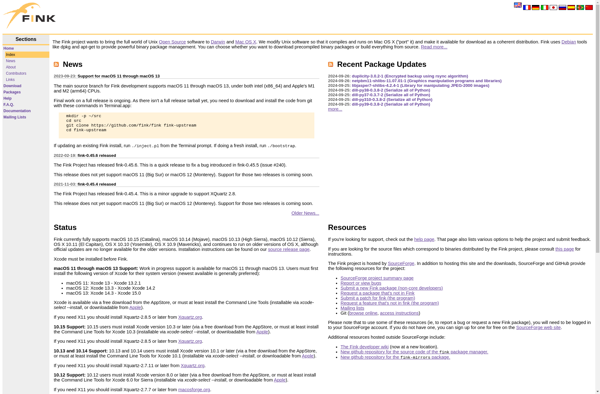
Pkgsrc
Mas CLI

RubyGems
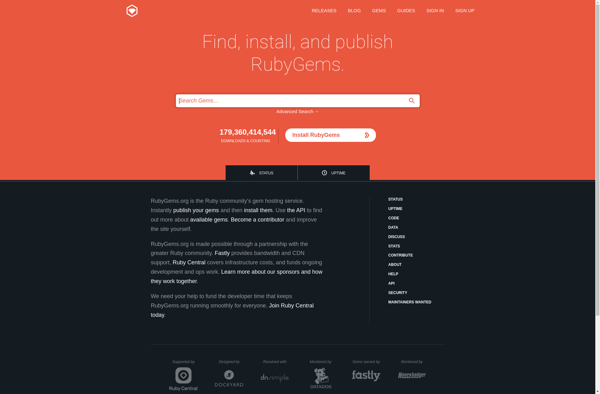
Alcatraz

Bedrock Linux
